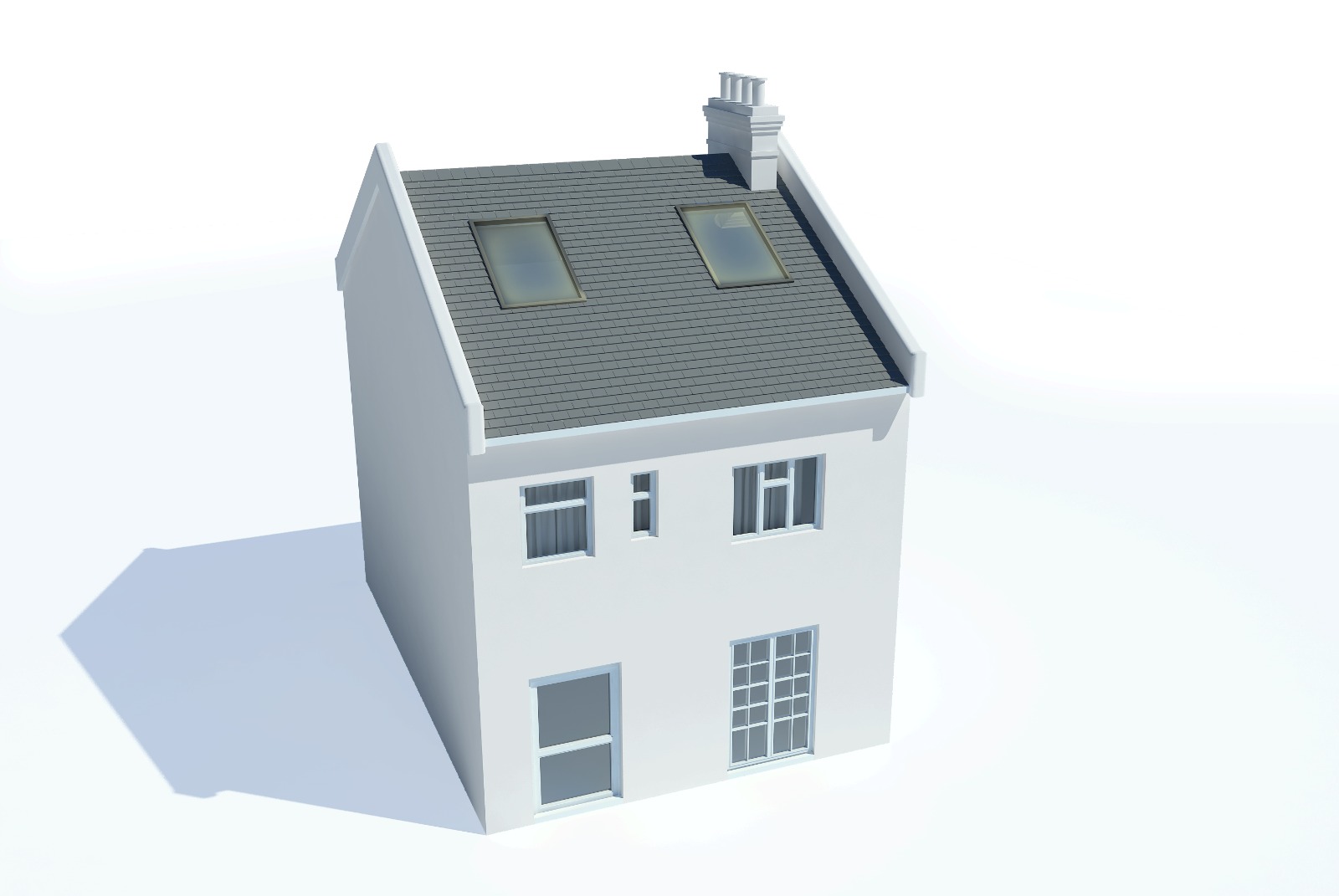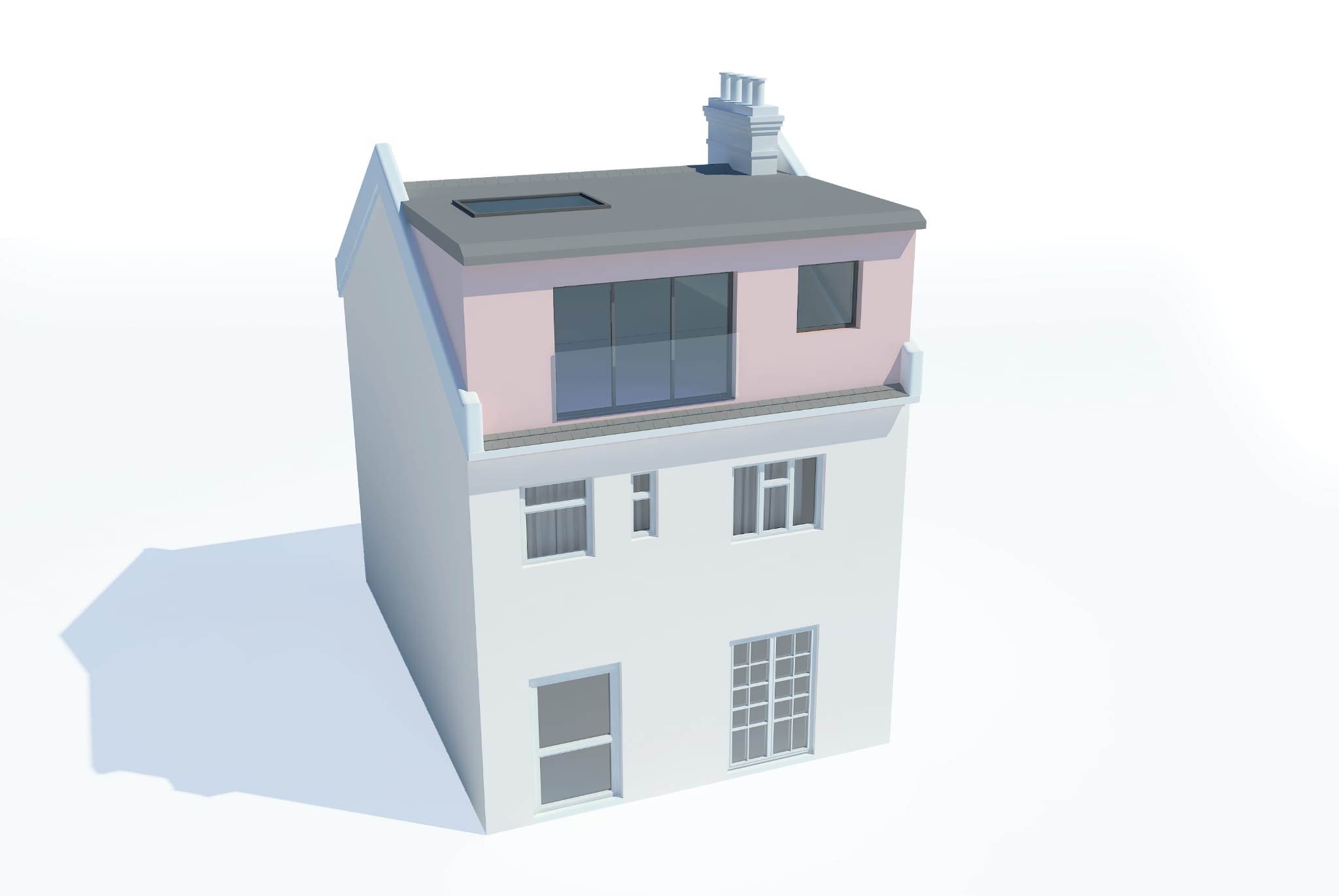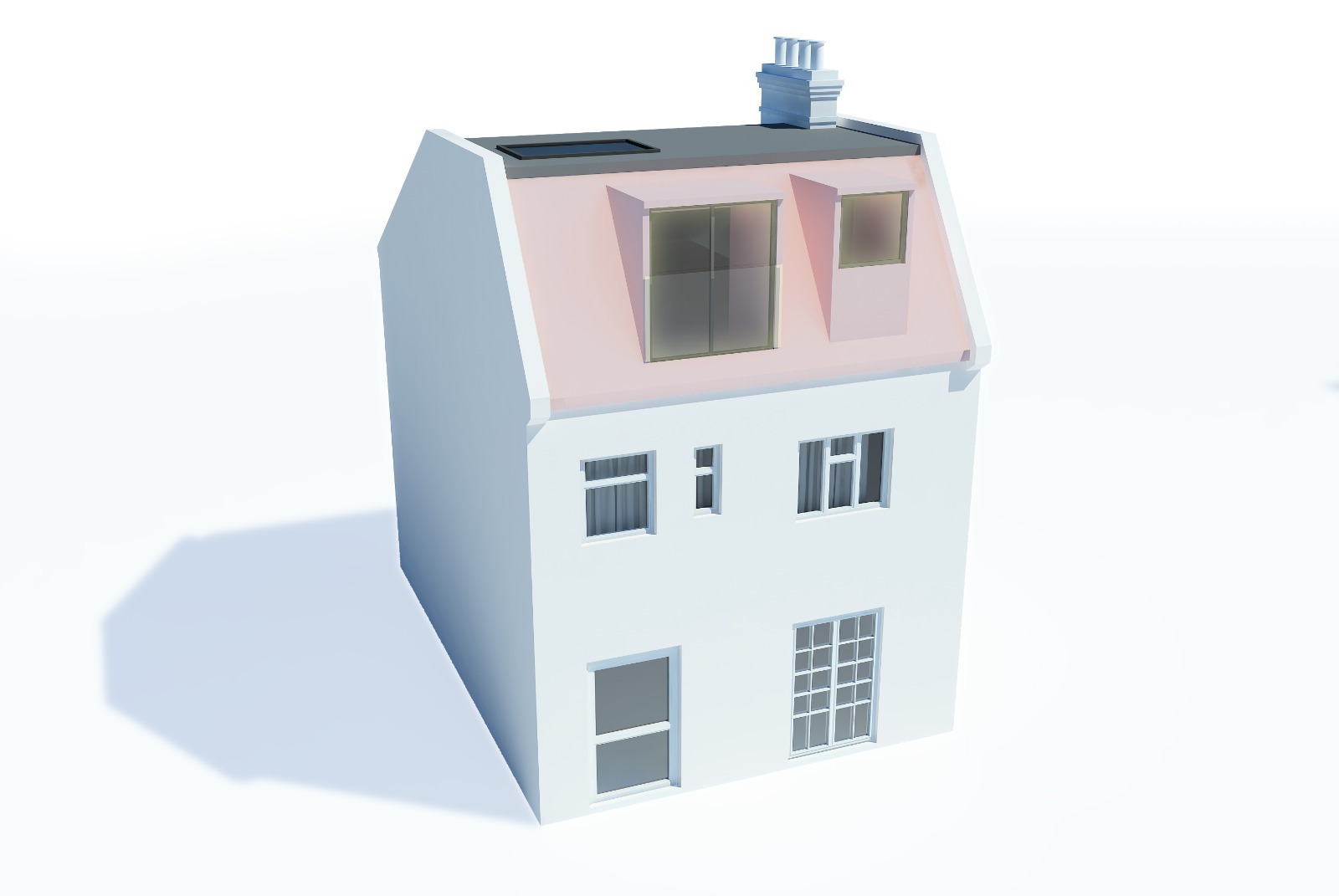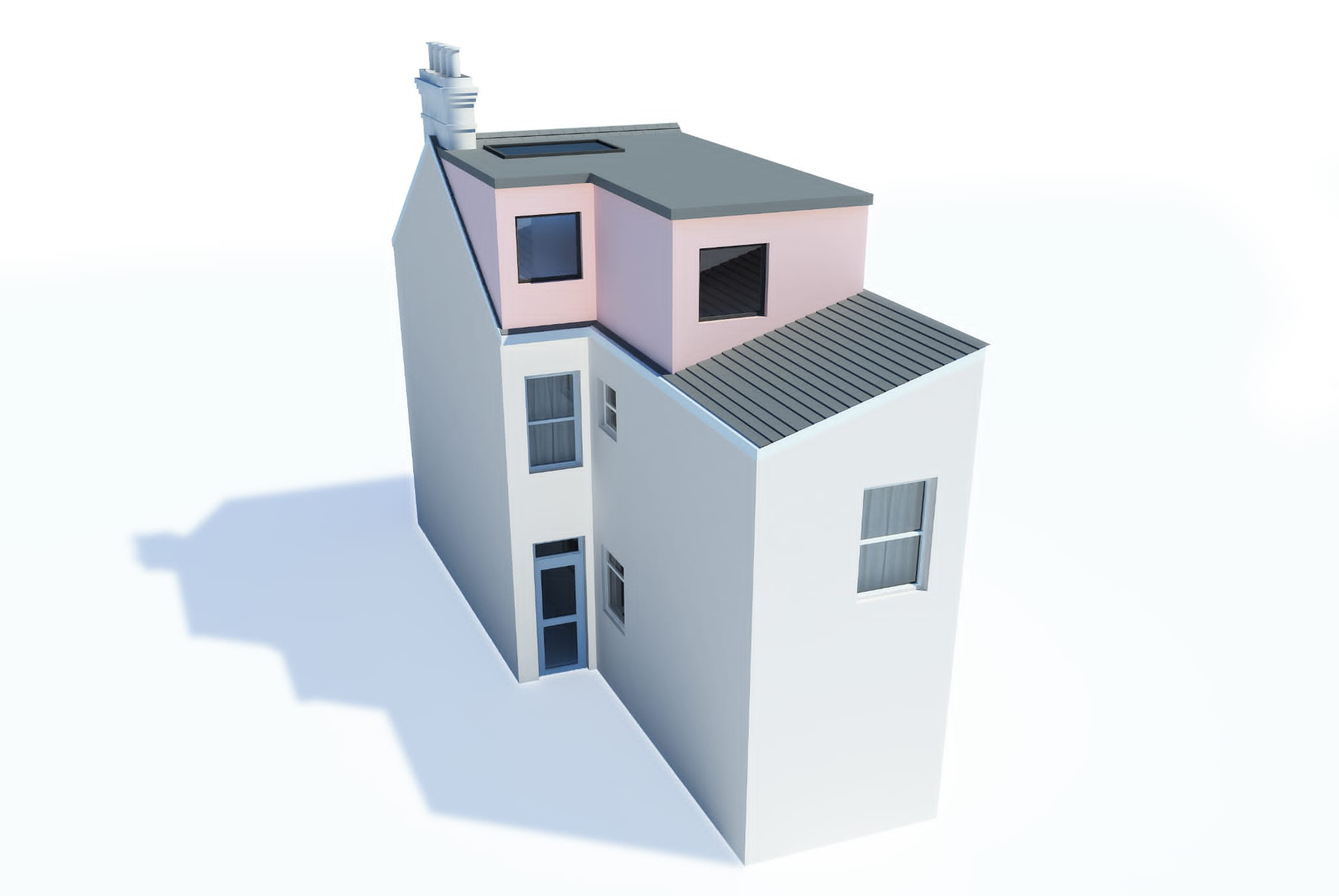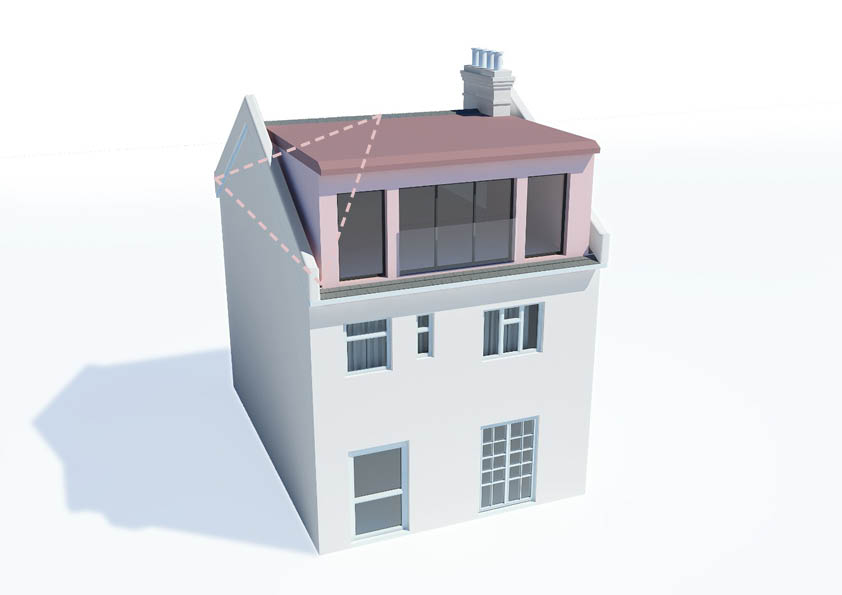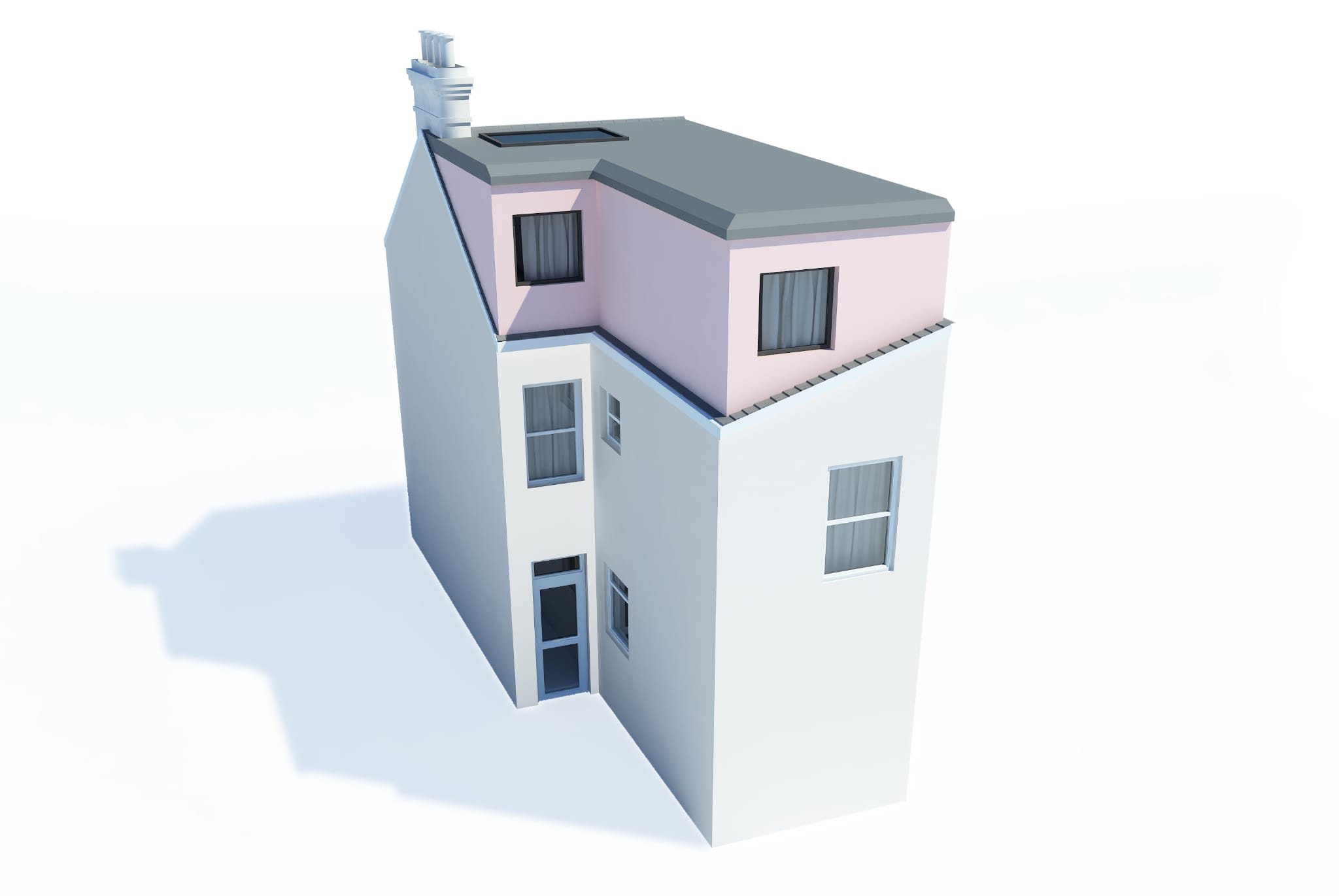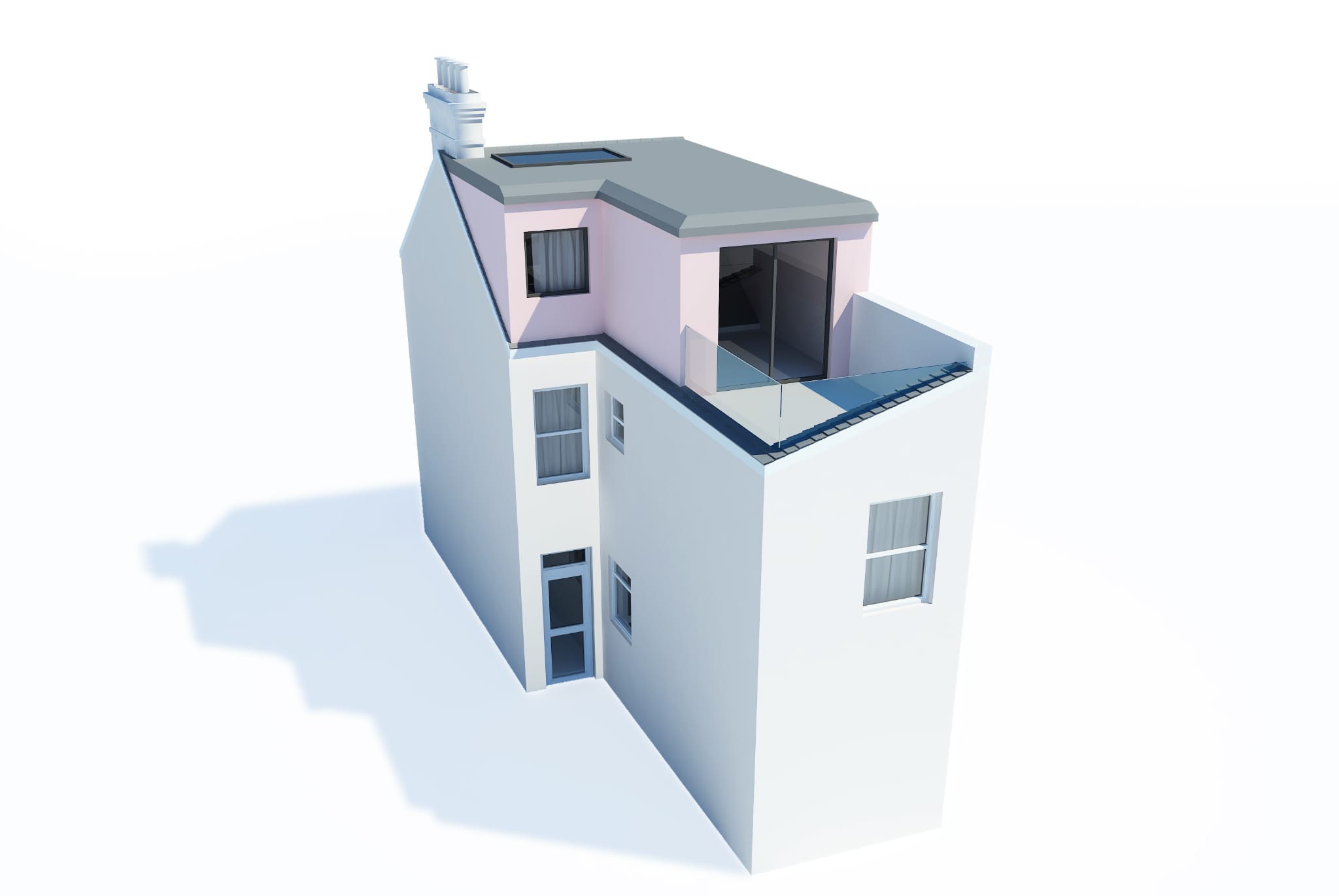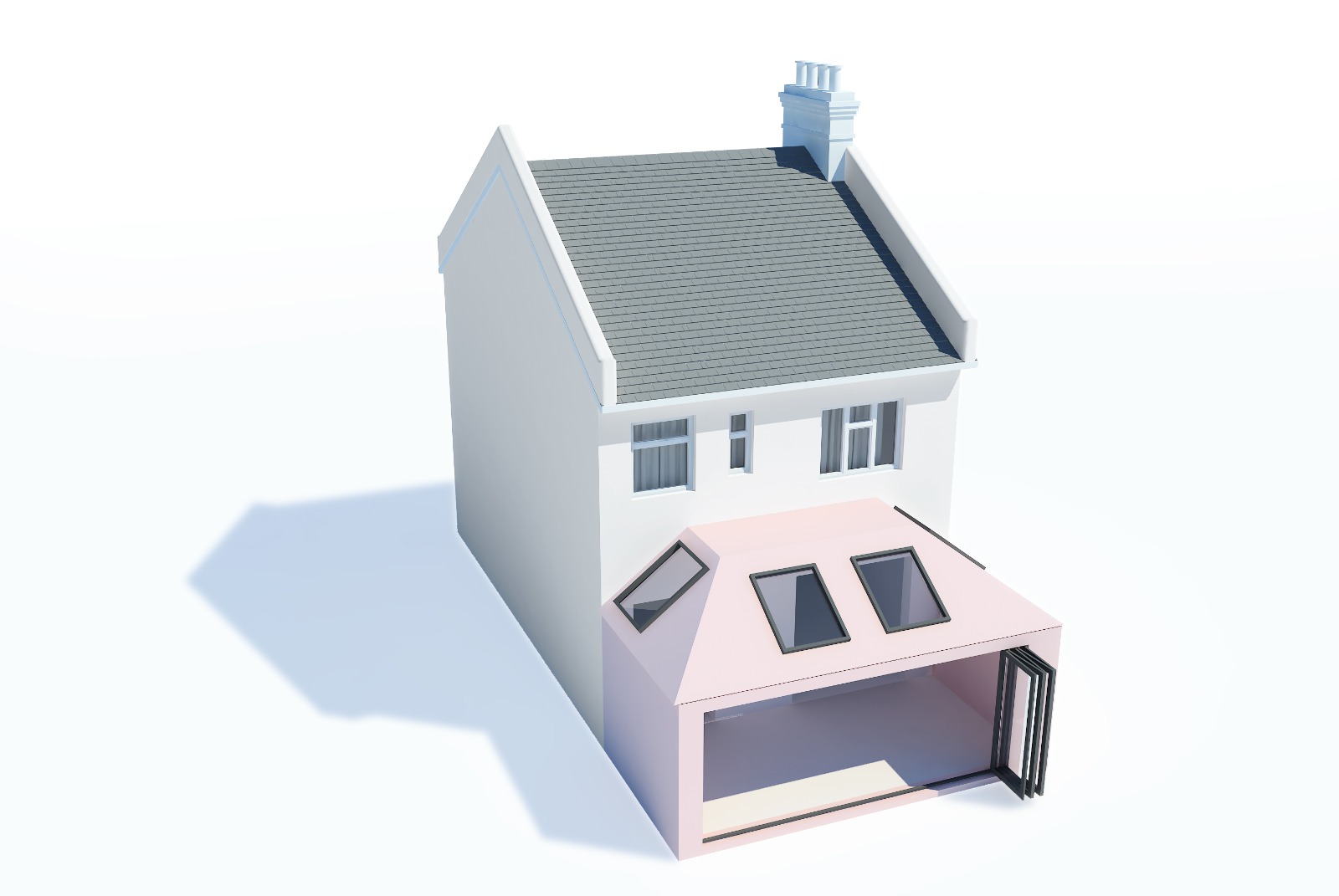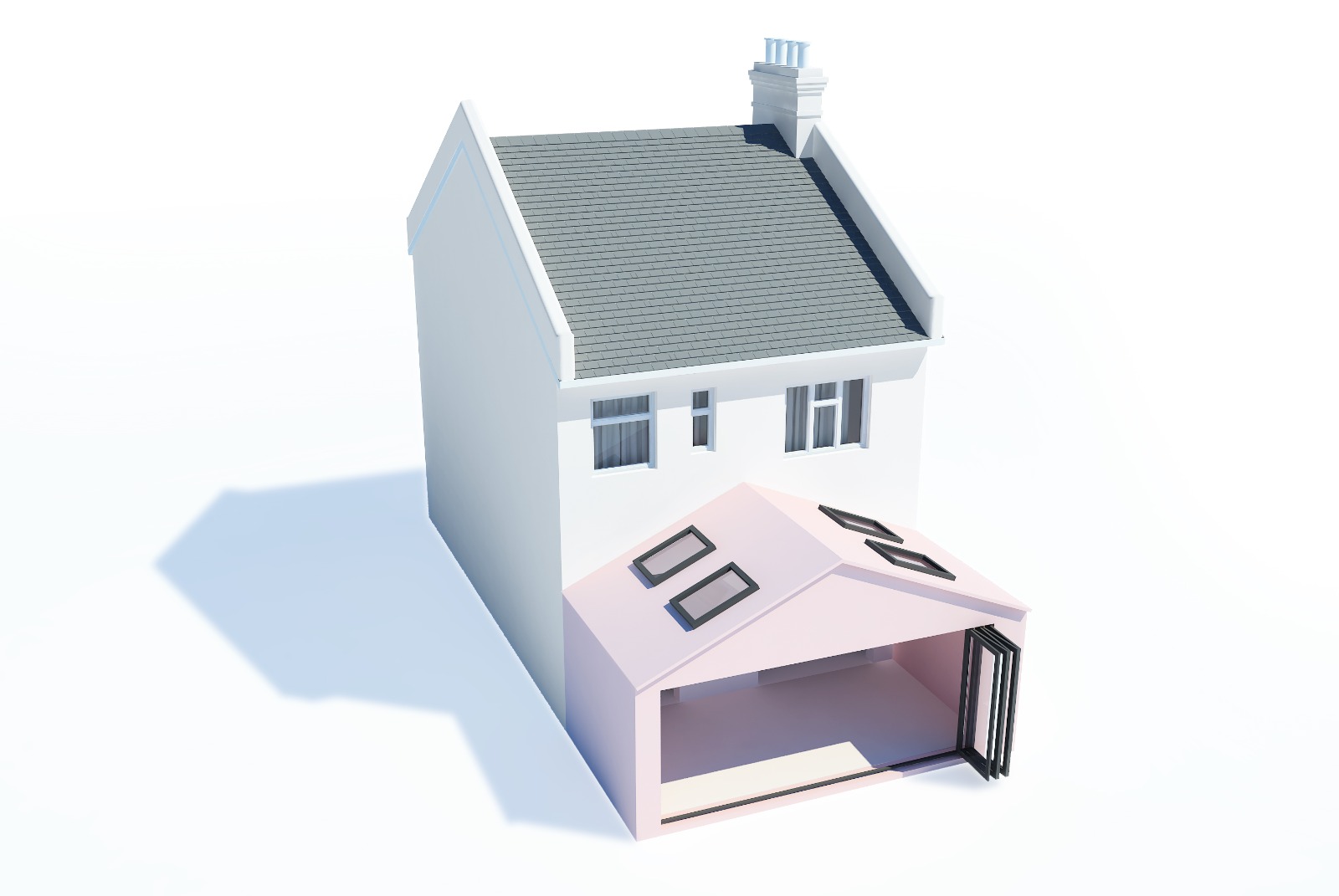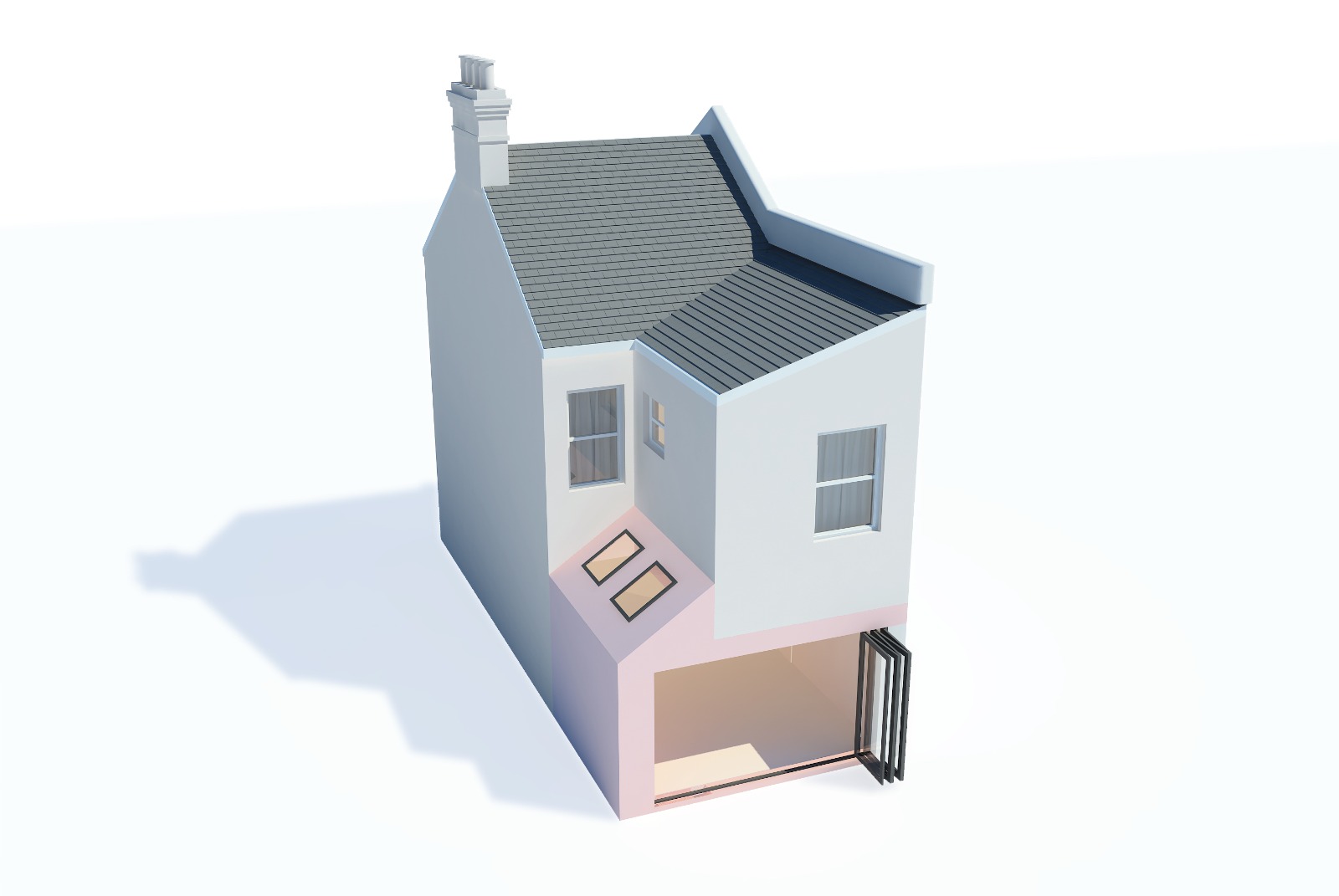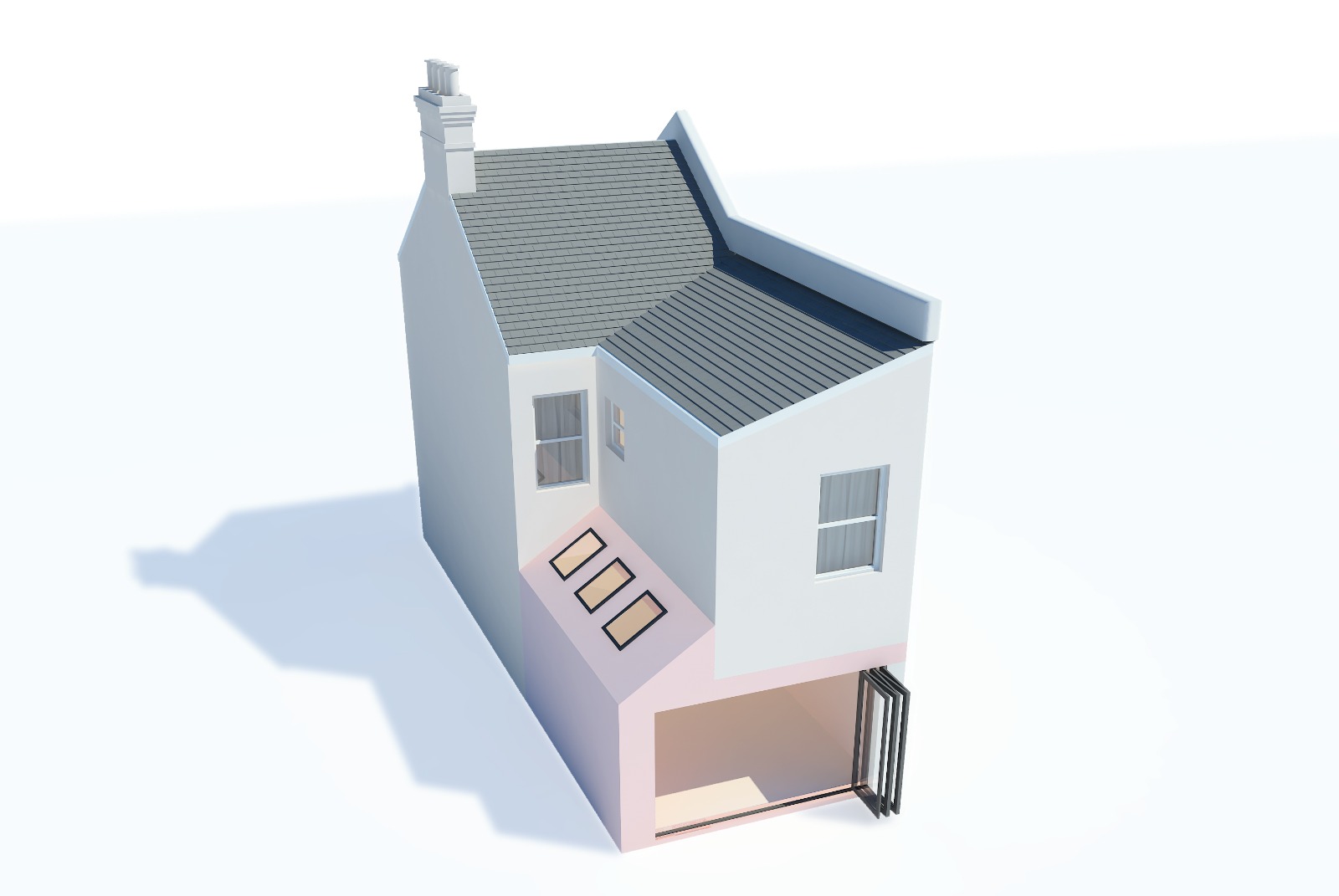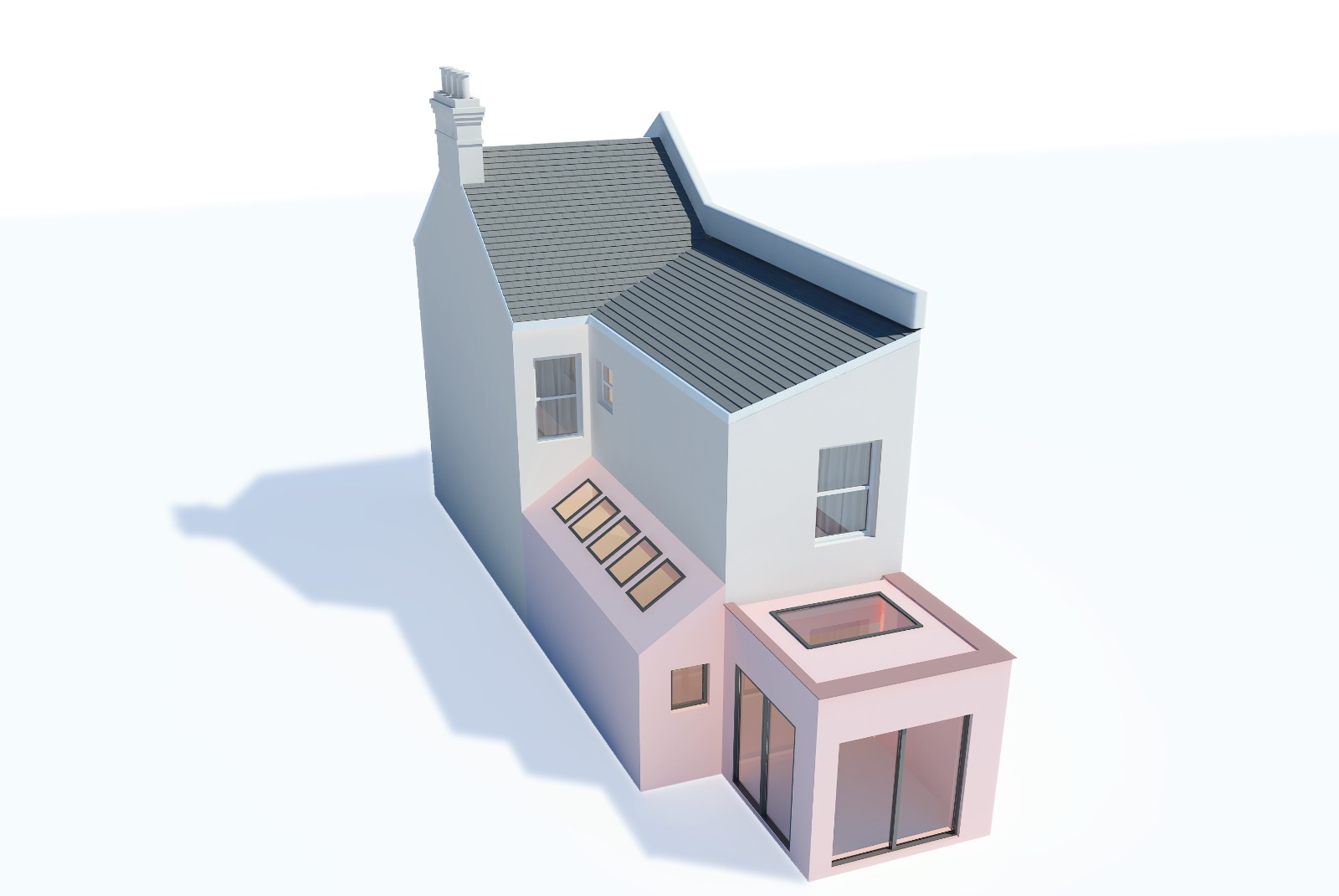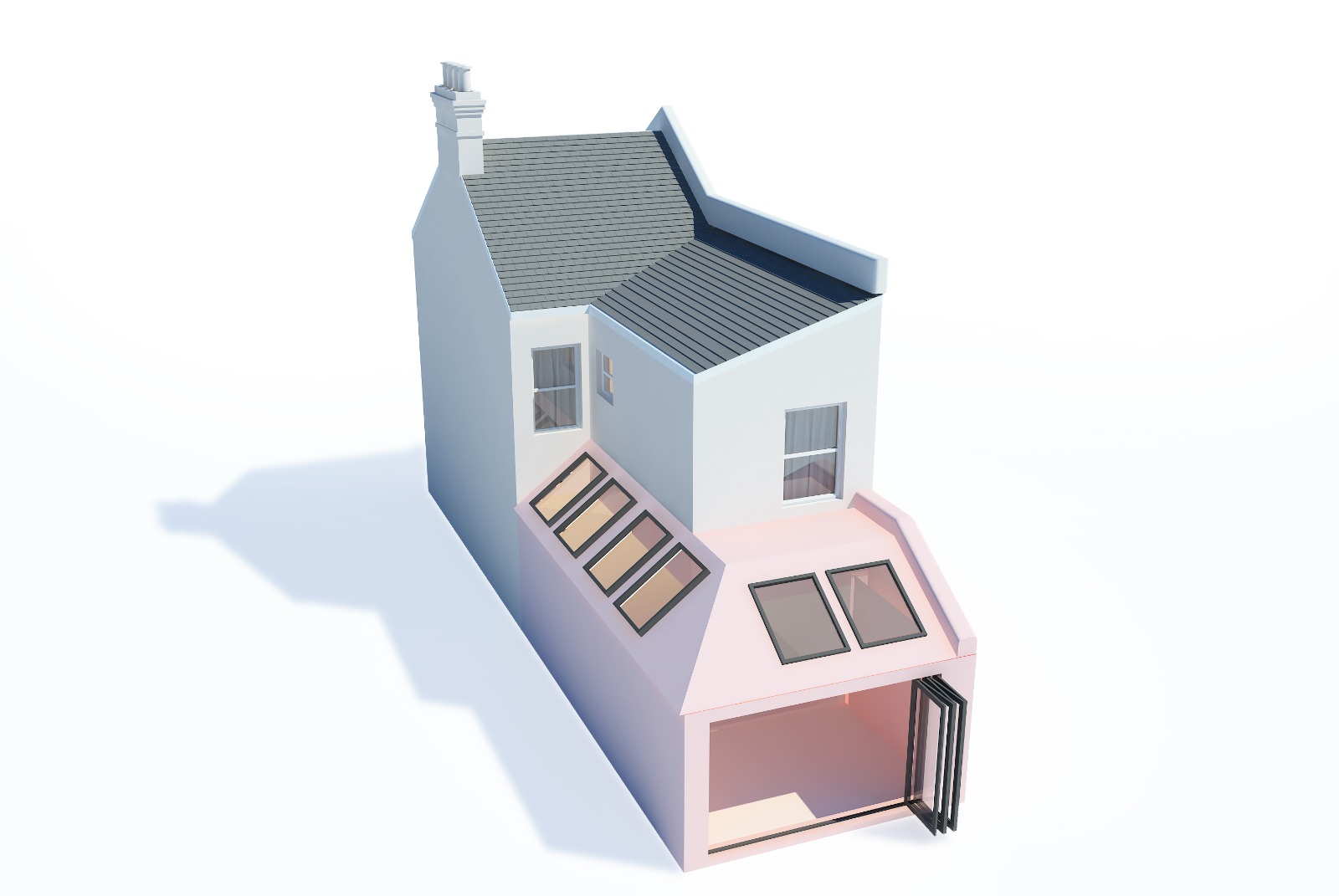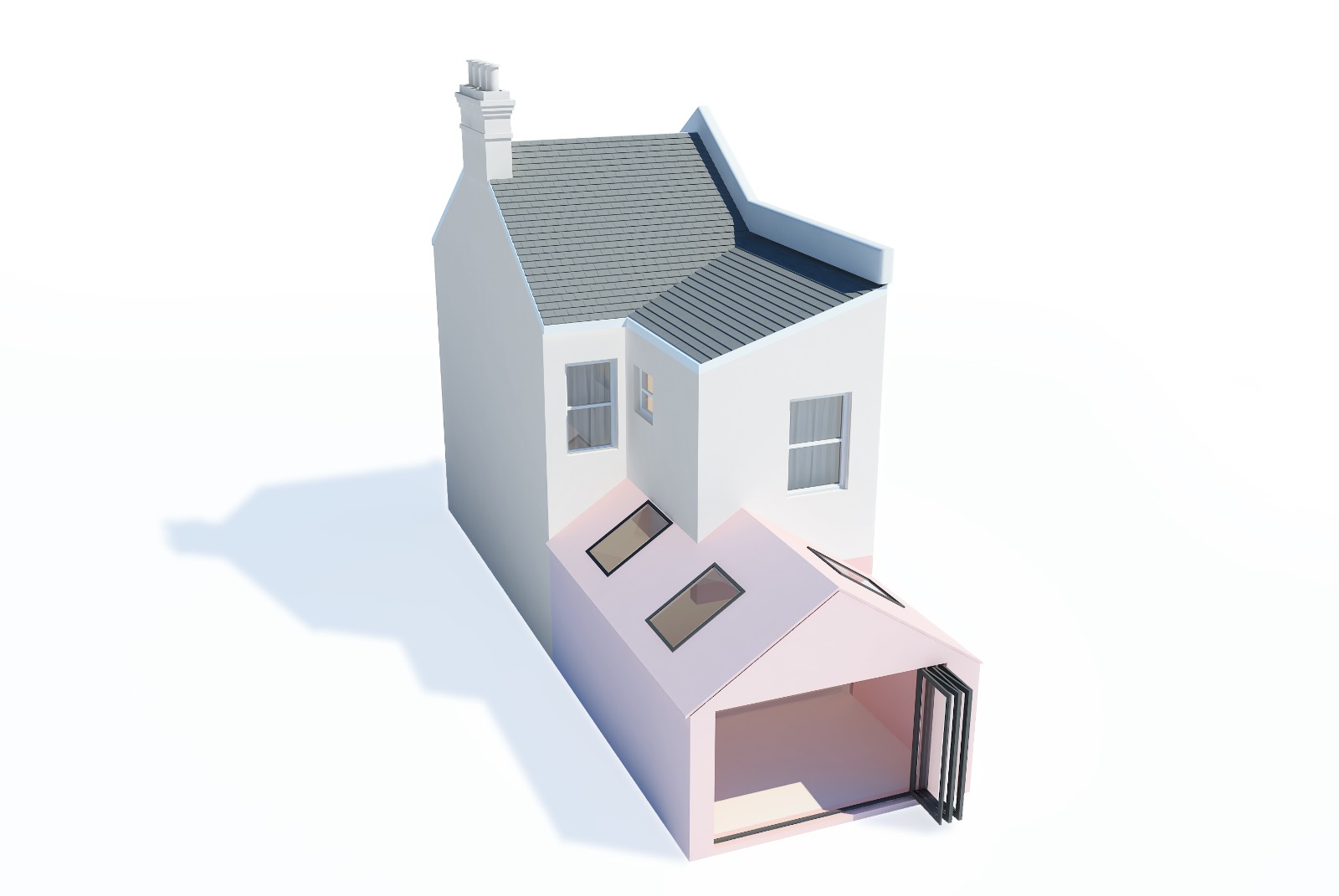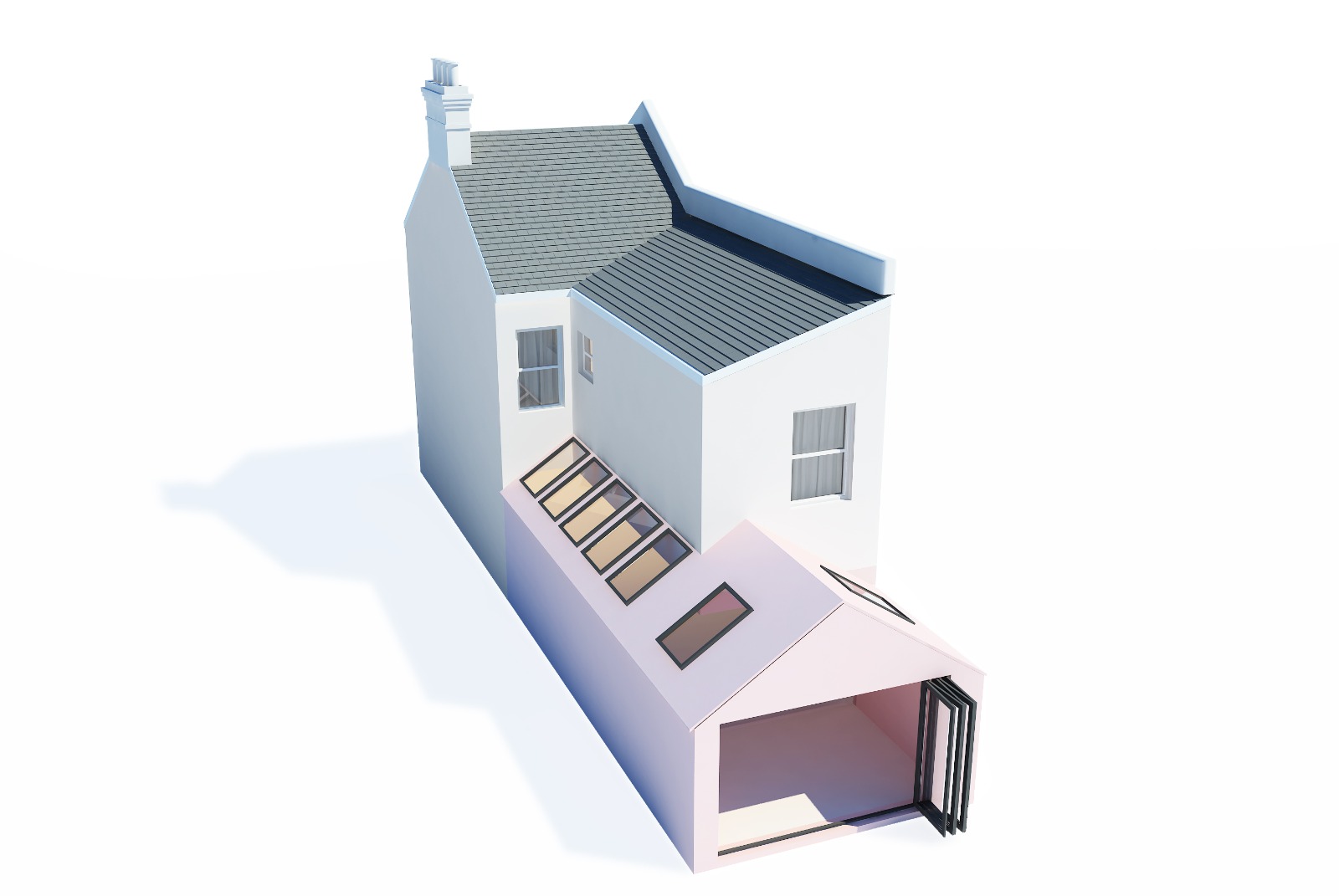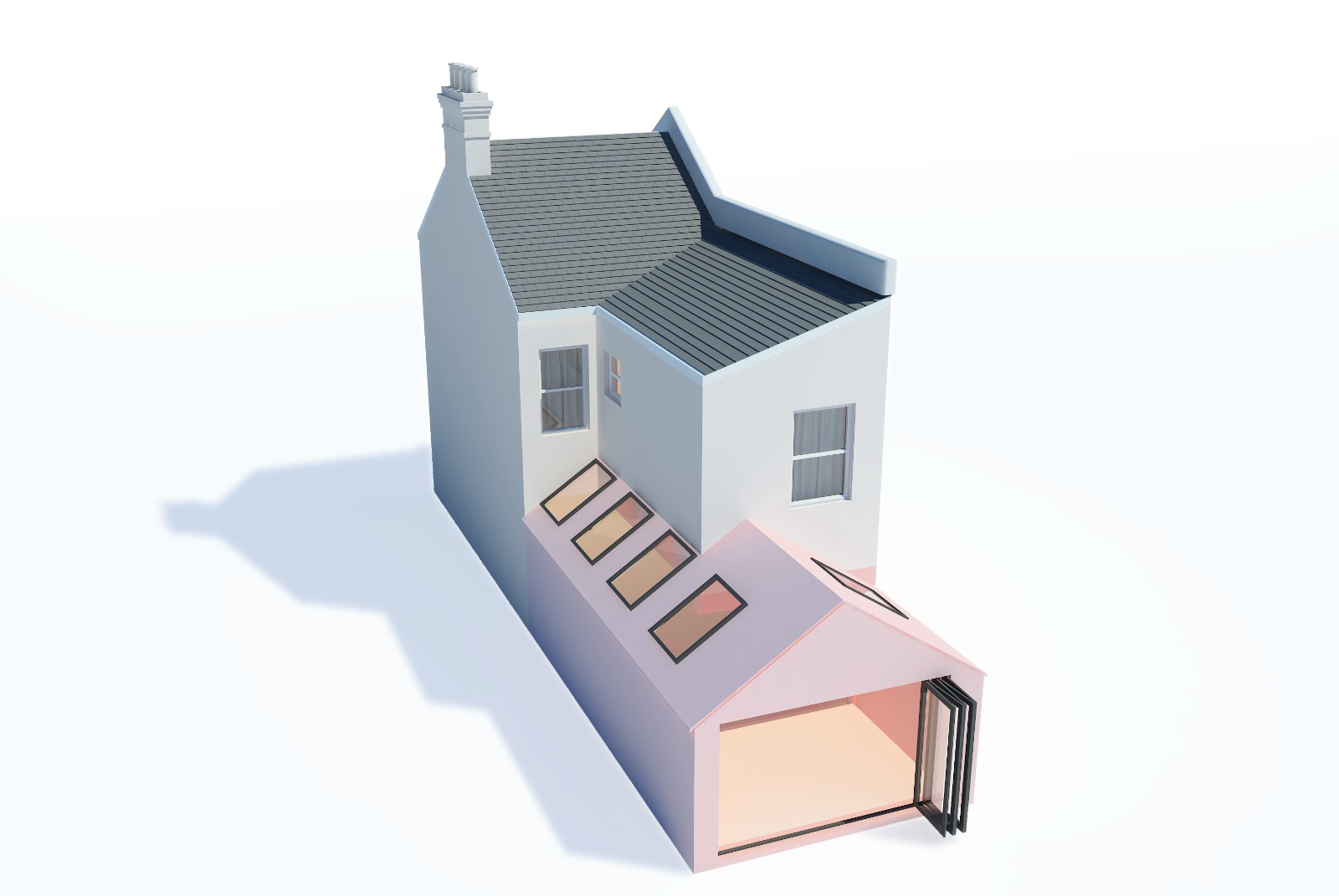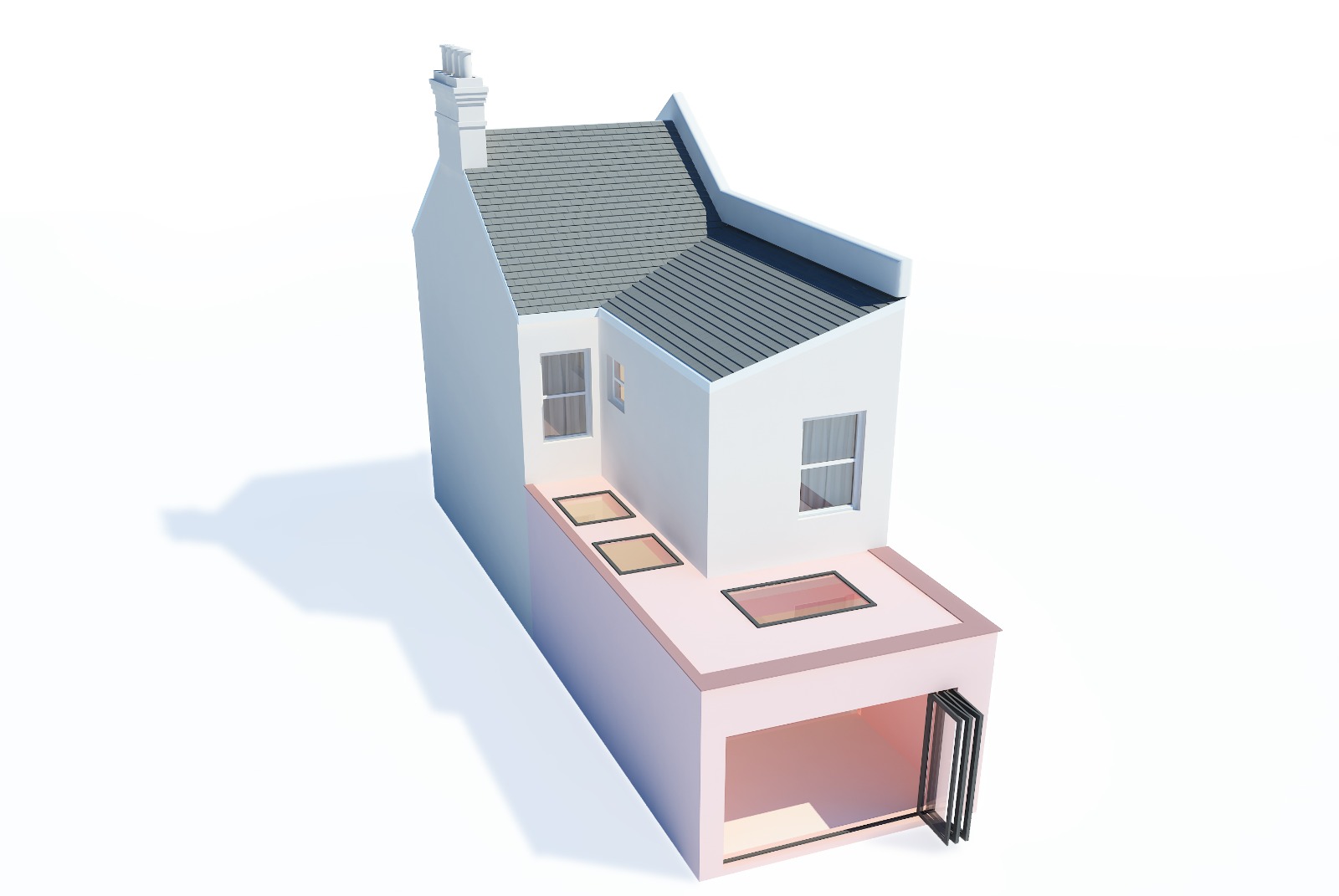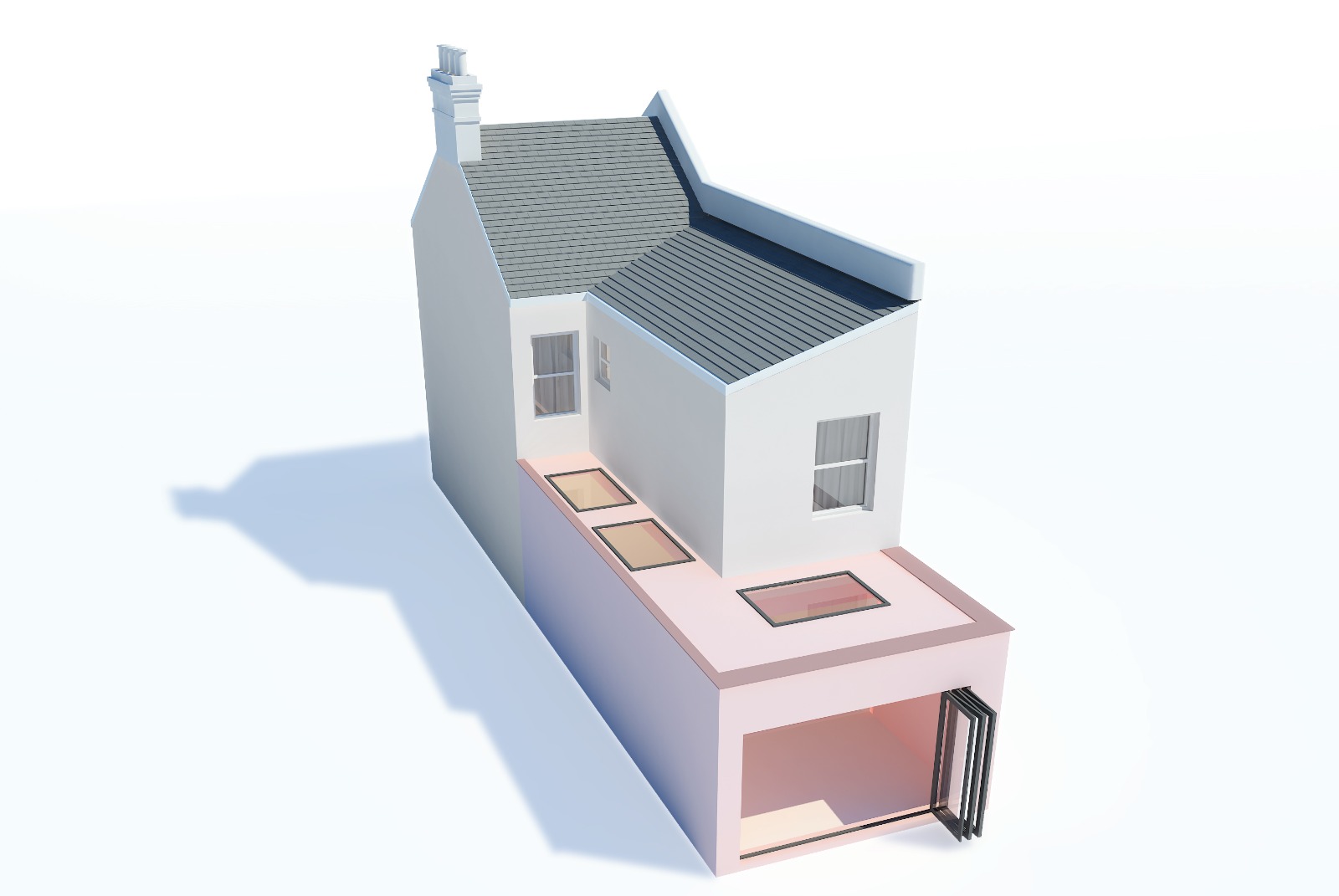The residential garage isn’t what it used to be. More than half the motoring population who owns a garage no longer uses it to park their cars. Instead, they are filling up with clutter, DIY equipment, and gardening tools. Today’s cars are designed to withstand the outdoors and better-equipped to remain secure. There are no practical reasons why they need a garage. It is the tea cosy of the motoring world, both becoming increasingly disused. Garage conversions in London serve a bigger purpose than sheltering cars or the overspill from our homes. Where every bit of livable space is precious, these are proving to be useful home improvement remedies.
Why convert your garage
It’s economical – the garage is an existing building, which eliminates costs for excavation and walls. Sometimes, you can even save money on the roof.
Convenience – converting your garage is speedier than building an extension. It is also less disruptive to your everyday home life, which is separate from the garage.
It adds value – According to Nationwide, a garage conversion can add between 10% to 20% in value to your property price.
No sacrifice – unlike house extensions that use up your garden space and sometimes cut off natural light, a garage conversion does neither.
Space for storage, too – if you don’t want to lose out on essential storage space, you can partially convert the garage or build a double-storey garage conversion.
Amalgamate for more space – if you are building an extension, a simultaneous garage conversion can decide the new floor plan early on. If your garage is attached, you can knock through walls to integrate it with the rest of the house.
To rent out – a double-storey or a detached garage conversion works as a studio apartment or a small annexe you can rent out.
Types
Full integral single garage conversion – if the single garage is attached, you can merge it with the house floor plan by knocking through the connecting wall. It is the simplest and the most cost-effective conversion method.
Partial garage conversion – allows you to keep the storage space by converting only half the garage space and separating the two with a partition wall. Usually, the rear gets converted while the front remains a storage unit.
Double garage conversion – offers twice the space of a single garage conversion and options to redesign living spaces. From an en suite double bedroom to a workshop, this type of conversion can free up a lot of space.
Detached garage conversion – if you have a single or double garage separate from the main house, you can convert it into a self-contained cottage or a granny flat. These might need planning permission.
Double-storey garage extension – by adding an upper level to the garage, you are gaining extra space for a studio apartment. It can also become a garden room with livable space upstairs.
Guest quarters – making guests comfortable is not easy when you live in a regular-sized house. Give your guests comfort and privacy by building an en suite and lounge space in the garage.
Home office – look no further than your garage if you need a home office. With a single garage conversion, you can create a well-proportioned workspace, while a double can bring other amenities such as a lounge room, kitchenette, and a media room if your work needs one.
A home gym/Yoga studio – it’s time to get motivated with spaces that do not discourage you from your fitness regime. Your own space for working out and yoga exercises can help you reach your goals without household disruptions.
Hobby Room – whether your passion is painting or building model aeroplanes, garage conversions offer the room to get creative.
Kitchen extension – if your garage is adjacent to the kitchen, knock through the wall to incorporate it into the kitchen for a more spacious kitchen/dining area with an open-plan layout.
Utility room/WC – it’s a great place to convert as a laundry room, a boot room, and overall utility room with a WC if you do not have a downstairs WC.
New Living Room – take your guests away from noisy children and an over-crowded living room to a quieter retreat. By connecting it to the kitchen/dining room, you are keeping your guest-entertaining needs cohesive.
If you are not enlarging the building and work is internal, planning permission isn’t a requirement. If your garage conversion is a separate house, you need planning permission, regardless of who lives in it. When converting a garage to a habitable space, building regulations approval is needed. Permitted Development Rights will be affected if your property is a flat or maisonette, a listed building, or located in a conservation area.
Single garage conversion in London will cost from £6,000 – £15,000
A double garage conversion can cost from £12,000 – £30,000
Our free no-obligation quote provides accurate estimates that contain no hidden costs. We never stray from your budget and work within it to ensure you receive high-quality products and services.
Home improvement and remodelling is our forte, and our architects, structural engineers, and skilled building team possess the expertise to tackle every conversion type. As garage conversion specialists, we have acquired the knowledge and foresight to develop designs and plans that work for each property and client. If planning permission is needed, we apply on your behalf as our success rate is high. We also offer two separate contracts for the Design and Build stages, so you will sign each as they start.
We prepare and submit Thames Water Build Over Agreement, building control applications, and method statements during the pre-build phase. A project manager supervises the project from start to finish. Our work carries insurance-backed warranties, and we put together all necessary certificates such as gas, electricity, and building control completion. We are also flexible enough to make minor changes when required as the project progresses.
Contact us today to start converting your garage to give your home that much-needed extra living space.
How we deliver projects
Our process is simple and divided into two distinct phases with separate contracts: Design and Build. As a client you only commit to one phase at a time depending on what stage of the process you are in. Each phase consists of three stages as described below.
1. Design
This is the kick-off point for your project. We carry out a complete architectural measured survey of the property. This allows us to create accurate CAD design drawings. This is followed by a design meeting to start discussing your ideas in more detail.
2. Planning
At this stage we finalise the designs with you and start preparing planning applications as needed. We place a high priority on ensuring that plans, designs and schedules are all based on a thorough and detailed understanding of planning guidelines. We co-ordinate with local authorities until the decision is made, and the planning approval is secured.
3. Technical
Once the planning consent is secured, we translate the design drawings into more detailed technical drawings for the purposes of building control and construction. This also includes specifications and structural calculations. At this stage, we will also submit to you our ‘no obligation’ quote for the build phase.
4. Pre-build
90% of our clients decide to stick with us after the design phase is completed. Once the build contract is signed, we kick off the process by making sure all the pre-build processes are complete. These include assistance with party wall agreements, Thames Water build over agreement, submitting building control application, and preparing method statements etc as needed. This stage ends with a pre-start meeting with your foreman before the actual build begins.
5. Build
One of our foremen will be dedicated to your project and will be on-site to manage everyday works. Our project managers will be overseeing the works to make sure they are completed to high standards, within your budget and on time. Throughout the process we will keep you updated with the progress and coordinate the works with third parties such as kitchen or flooring suppliers. We will also advise and guide you to choose any suppliers if needed.
6. Handover
As the build draws to finish, we will help to iron out any ‘snags’ to make sure everything is completed to your satisfaction. We will put together all necessary certificates such as gas, electricity and building control completion along with warranties for glazing, boiler etc. At the final completion meeting, we will hand you these documents, together with the keys to your house. Needless to say, you can contact us any time after this, if you want us to look at something.
This is the kick-off point for your project. We carry out a complete architectural measured survey of the property. This allows us to create accurate CAD design drawings. This is followed by a design meeting to start discussing your ideas in more detail.
At this stage we finalise the designs with you and start preparing planning applications as needed. We place a high priority on ensuring that plans, designs and schedules are all based on a thorough and detailed understanding of planning guidelines. We co-ordinate with local authorities until the decision is made, and the planning approval is secured.
Once the planning consent is secured, we translate the design drawings into more detailed technical drawings for the purposes of building control and construction. This also includes specifications and structural calculations. At this stage, we will also submit to you our ‘no obligation’ quote for the build phase.
90% of our clients decide to stick with us after the design phase is completed. Once the build contract is signed, we kick off the process by making sure all the pre-build processes are complete. These include assistance with party wall agreements, Thames Water build over agreement, submitting building control application, and preparing method statements etc as needed. This stage ends with a pre-start meeting with your foreman before the actual build begins.
One of our foremen will be dedicated to your project and will be on-site to manage everyday works. Our project managers will be overseeing the works to make sure they are completed to high standards, within your budget and on time. Throughout the process we will keep you updated with the progress and coordinate the works with third parties such as kitchen or flooring suppliers. We will also advise and guide you to choose any suppliers if needed.
As the build draws to finish, we will help to iron out any ‘snags’ to make sure everything is completed to your satisfaction. We will put together all necessary certificates such as gas, electricity and building control completion along with warranties for glazing, boiler etc. At the final completion meeting, we will hand you these documents, together with the keys to your house. Needless to say, you can contact us any time after this, if you want us to look at something.
Featured Projects
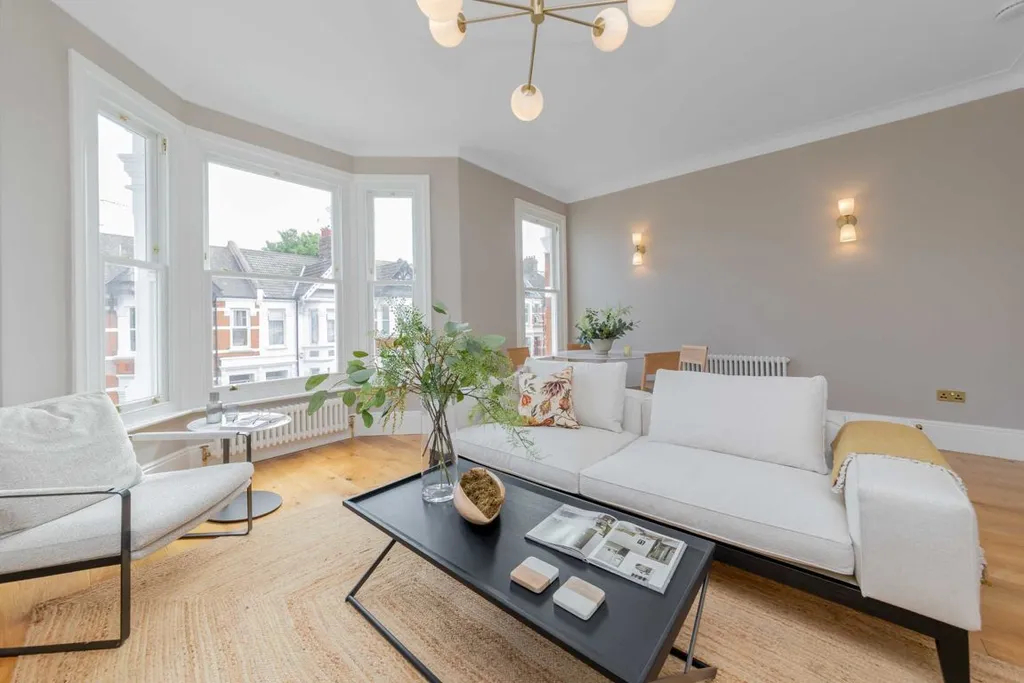
Harlesden
Sellons Ave NW10 4HJ
The project included creating a master bedroom in the loft with an adjoining terrace.
Learn more
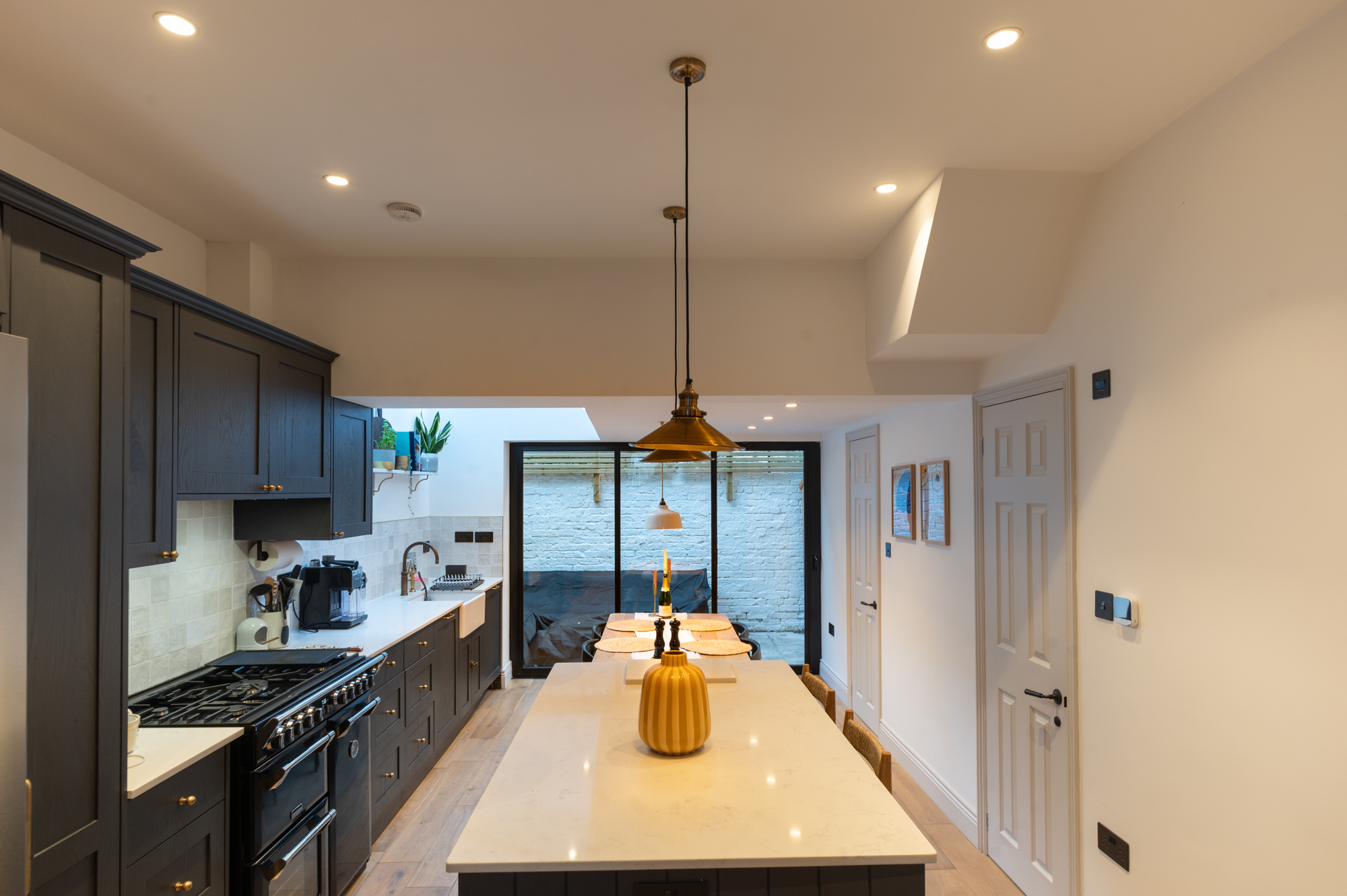
Fulham
Orbain Road SW6 7JZ
This project was completed in 2023 and the approximate budget was £101,000.
Learn more
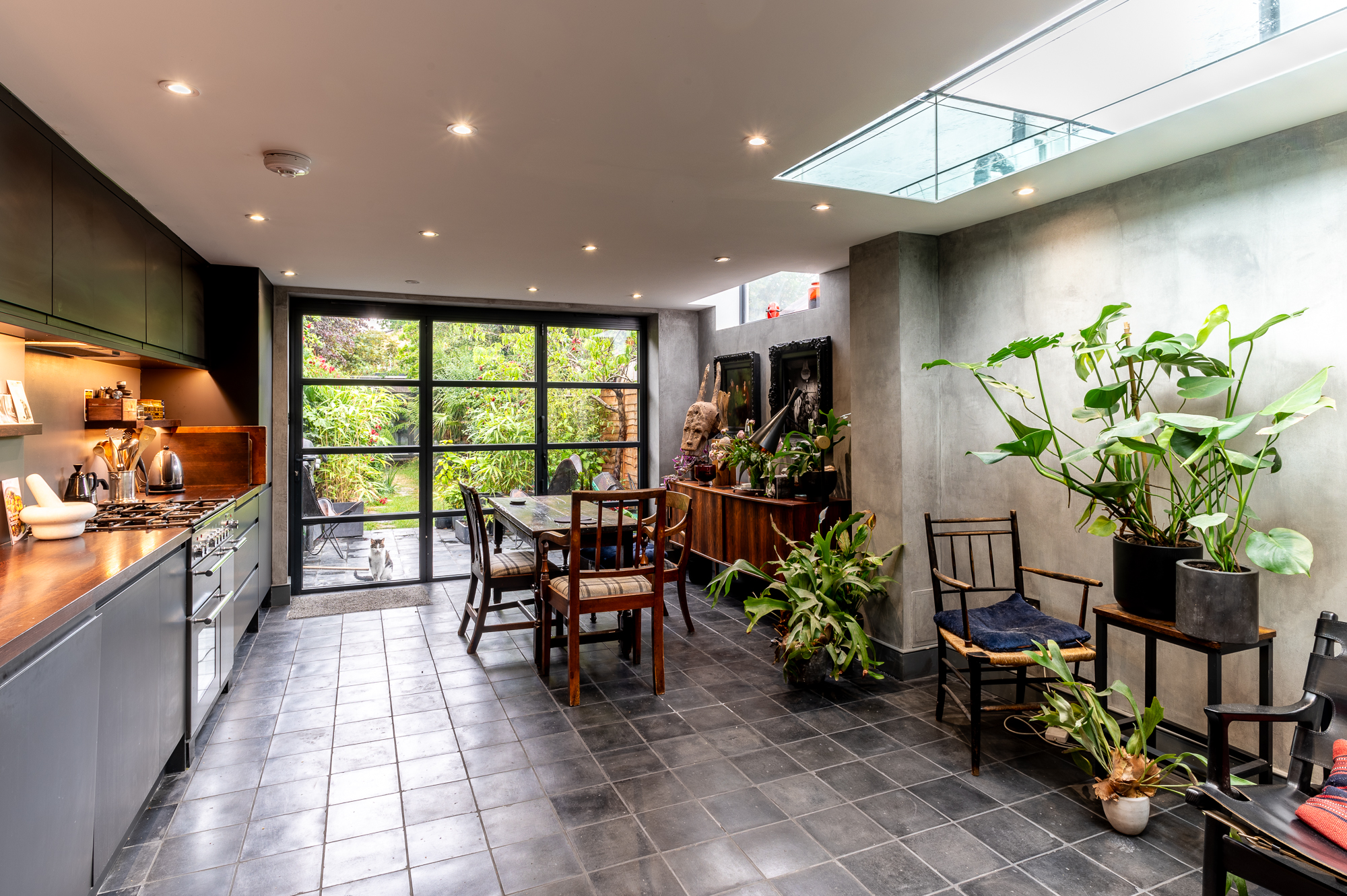
Lambeth
Hetherington Road SW4
We completed this stunning project for our client Angus in Lambeth.
Learn more
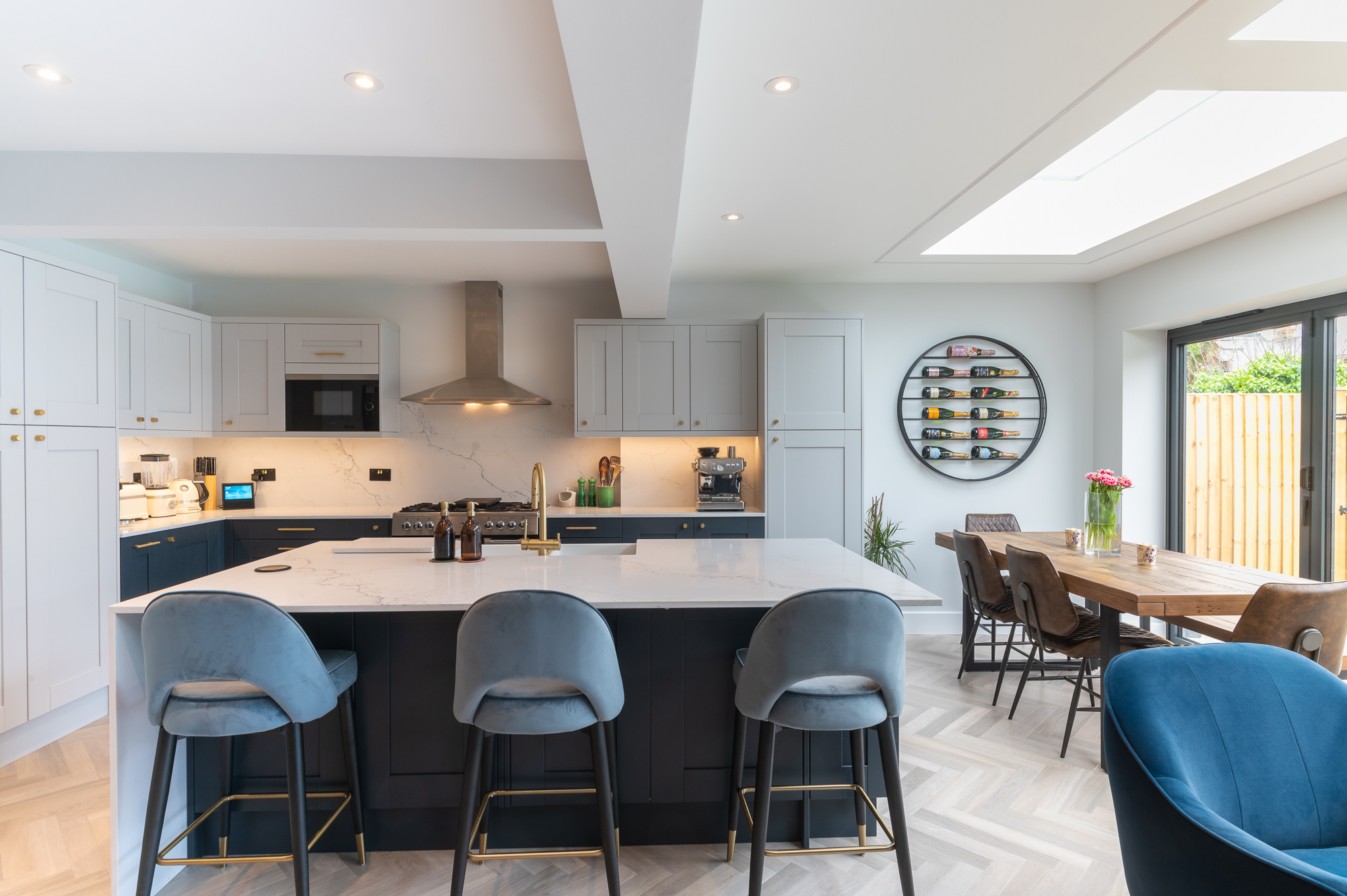
Teddington
Station Road SW4 7PA
We completed this exciting project for our clients on Station Road, a quaint residential area in the heart of Teddington.
Learn more

Leyton
Windsor Road E10
We completed this kitchen extension on Windsor Road, a charming residential street nestled in the heart of Leyton.
Learn more

Harlesden
Sellons Ave NW10 4HJ
The project included creating a master bedroom in the loft with an adjoining terrace.
Learn more

Fulham
Orbain Road SW6 7JZ
This project was completed in 2023 and the approximate budget was £101,000.
Learn more

Lambeth
Hetherington Road SW4
We completed this stunning project for our client Angus in Lambeth.
Learn more

Teddington
Station Road SW4 7PA
We completed this exciting project for our clients on Station Road, a quaint residential area in the heart of Teddington.
Learn more

Leyton
Windsor Road E10
We completed this kitchen extension on Windsor Road, a charming residential street nestled in the heart of Leyton.
Learn more
What Our Clients Say
Build a Quote!
Let's get started with building your own bespoke quote for your dream extension. Tell us as much in detail as possible to get most accurate price.
Get StartedBuild a Quote!
Let's get started with building your own bespoke quote for your dream extension. Tell us as much in detail as possible to get most accurate price.
Get Started

